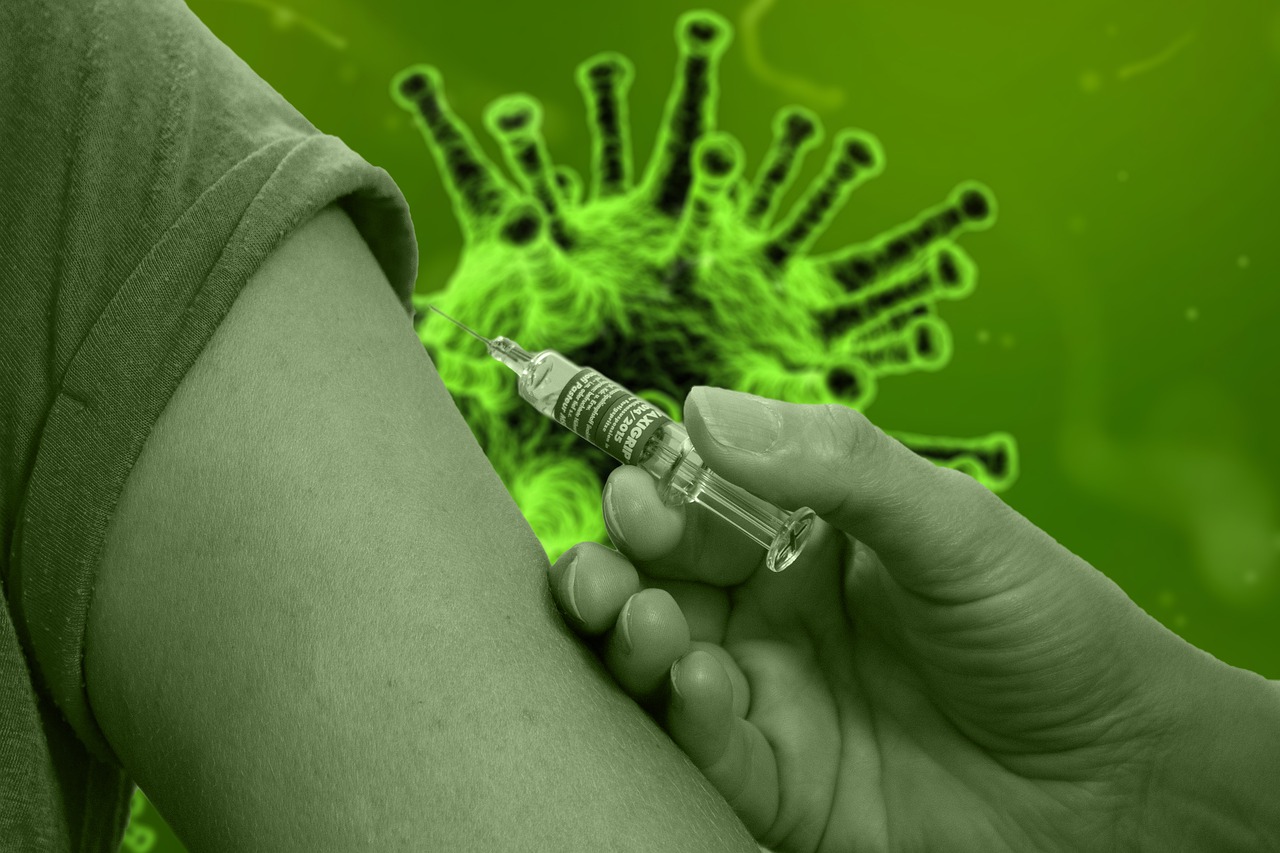Although this pandemic has been around for over a year now, there are still many myths about COVID-19 Vaccination. Vaccination is one of the most effective public health interventions, say medical experts. A vaccine can protect against life-threatening diseases like polio, tetanus, and diphtheria, and lower the risk of spreading illnesses to others, according to the World Health Organisation (WHO). Vaccines have successfully eradicated diseases like smallpox and polio.
According to experts, vaccines act by triggering the body’s immune system to defend against subsequent infections. A proper immunization prevents about 2-3 million deaths a year worldwide, according to experts. But there are numerous myths about COVID-19 vaccinations. This results in vaccine hesitancy or delaying/refusing vaccination.
Here are some of the most common Myths about COVID-19 Vaccination in India.
1. Myth: Vaccines can cause serious side effects in children, such as autism and even death.
The myth that vaccines cause autism is one of the more common ones. Experts believe that autism has been falsely linked with some MMR vaccines (Measles, Mumps, and Rubella). Despite this, some studies have proven that immunization does not cause autism. In most cases, such rumors get wind because they get spread. Immunization schedules coincide with the time when children are diagnosed with autism. Vaccinations do not cause death or disease. Vaccine side effects are usually mild, such as fever or slight pain in the area.
2. Myth: Multiple vaccines can cause side effects
Multiple vaccines at the same time are safe and effective and do not cause any side effects, according to experts. Following the pediatrician’s vaccination schedule is essential, and parents should not delay immunizations.
3. The myth holds that vaccines aren’t necessary because maintaining proper hygiene will protect you from viruses
According to experts, maintaining proper hygiene and sanitation will ensure a better standard of living and reduce the risk of infection, but it will not prevent the spread of infectious diseases despite cleanliness and good living conditions. Delaying or refusing vaccinations makes people vulnerable to several infections.
4. Myth: Getting immunity naturally is preferable to vaccination
A vaccine triggers the immune response in the body in a similar way to a natural infection, without causing harm to the individual’s health. It is extremely risky to acquire immunity through natural infection.
5. Myth: Vaccines can harm the mother or the child during pregnancy
Experts assert that immunization is part of preventive medical care and is vital for pregnant women to protect their health as well as the health and life of their babies.
6. Myth: A breastfed baby is immune from infections and does not require vaccinations
As reported by experts, breastfeeding partially protects against certain infections like viral respiratory infections, diarrhea, among others. There is no substitute for vaccination against the host of viruses a child encounters daily.
7. Myth: Adults don’t need vaccinations
One of the most common myths about COVID-19 vaccination is this one. Vaccines are useful at every stage of life- from infancy to childhood to adulthood and old age. In India, vaccination for adults is not so common, but it is very important as adults also need protection from deadly diseases like human papillomavirus, hepatitis B and A, and pneumococcal. Pneumonia is a leading cause of death among seniors.
Prevent cancer in women by immunizing them against the human papillomavirus. Additionally, people should take travel immunizations while traveling abroad. Yellow fever vaccine is a must for Indians traveling to Africa. The same goes for vaccinations against diseases like typhoid and tuberculosis while abroad.
How can I prepare for side effects when taking the vaccine?
Side effects are a significant deterrent to those who are considering a vaccination, among other reasons. Experts agree that any side effects are mild and can be managed with medication. Having side effects after taking the vaccine indicates that your immune system is responding. This is a good sign. The most common side effects include headache, body aches, fever, and pain or inflammation at the injection site.
For treating fevers, experts recommend paracetamol 650 mg along with adequate rest and fluid intake. Occasionally, nausea will occur, but it will subside. There will also be no pain, redness, or swelling at the site of the injection. The expert advises applying ice compression to the affected area in cases of severe swelling. In the end, the risk is negligible in comparison to the benefit of the vaccine. There is no doubt that vaccinations are the best solution.
How to take the vaccine: What to do and what not to do
Experts believe that it is essential to adopt the required protocol as the national vaccine rollout gains momentum. A mask is a must, as is social distancing and following COVID etiquette at the vaccination center. Do take the COVID vaccine as soon as possible if you have diabetes, hypertension, kidney issues, HIV, and so on. You are at high risk for COVID complications. Report any severe reaction or side-effect you experience to the Vaccine Adverse Event Reporting System if you suffer from any rare ailments.
Don’ts include avoiding vaccination for those who have tested positive within the past 60-90 days and those who have received blood plasma or monoclonal antibodies as part of their treatment. A large number of vaccines should not be given at the same time or switched brands. Avoid consuming alcohol before and after your vaccination. Also, do not pre-medicate yourself to try to avoid side effects such as fevers and arm pains. After getting vaccinated, continue to wear masks and avoid social engagements.
Also Read: Top 10 Countries Free from COVID | Zero Cases Reported

1 Comment